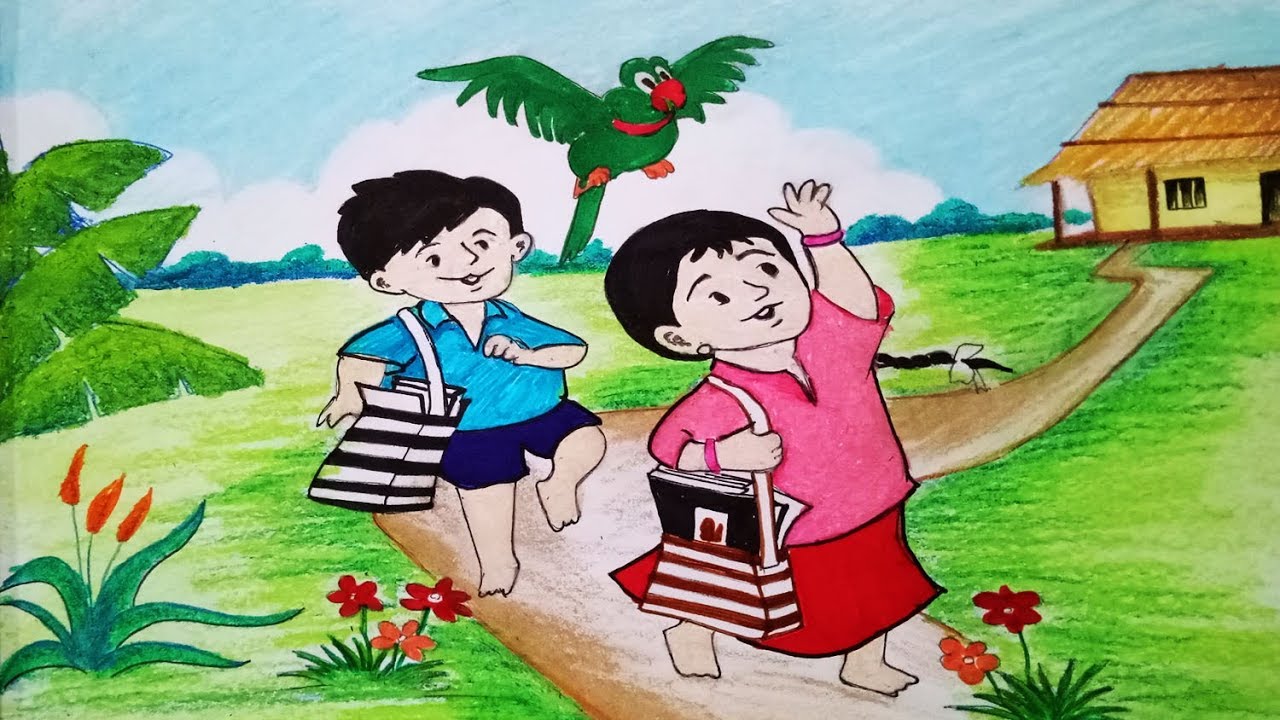Scaling refers to the expansion or improvement of a program by the use of innovative and practical techniques. With the passage of time and changes in national and global context new challenges arise. In order to face these challenges, it is essential for practitioners and professionals e.g. researchers, students, evaluators, and policymakers to adopt new and innovative approaches; scaling is one of such strategies. A question that might arise is “why scaling science is necessary for education?” Meena cartoon, for instance, created by a team of UNICEF in early 1990s, is a popular educational TV program where the importance of primary education for all, why girls should be enrolled on schools, etc. issues were shown.
It helped in many ways ensuring primary education for all along with many other learnings for children. Now that the goal of universal primary education has been achieved, several new problems have arisen in the education sectors which need proper attention. For instance, the magnitude of drop-out students is still very high in the South Asian region. So the creators of Meena Cartoon can consider to modify their contents or prepare new ones with advanced technologies. These contents can introduce the programs which the government is offering for the out-of-school and at-risk dropping out students, such as after-school programs, non-formal education programs, enrolment campaigns, financial support to families, programs for disabled children etc. Nowadays, almost every household has access to a television and there is a good chance that it will be helpful for the dropout students and students who are out of school. So, scaling science for education is crucial to come up with innovative ideas that can help to build effective educational initiatives. As we do not need every school and every teacher to ‘reinvent the wheel’, all we need to do is to scale up the locally effective education innovations that already exist. Scalability in the education sector can also ensure effective learning and a wide range of robust, replicable outcomes.
Understanding the urgency of scaling up the current educational interventions, South Asian Institute for Social Transformation (SAIST) with the support of GPE KIX and IDRC (International Development Research Center), is focusing on teachers’ ICT based skill development in the study areas to make the in-class lessons more enjoyable and effective for the students. SAIST is also focusing on different pedagogical interventions that will induce fun learning for the students.
+8801793593339

